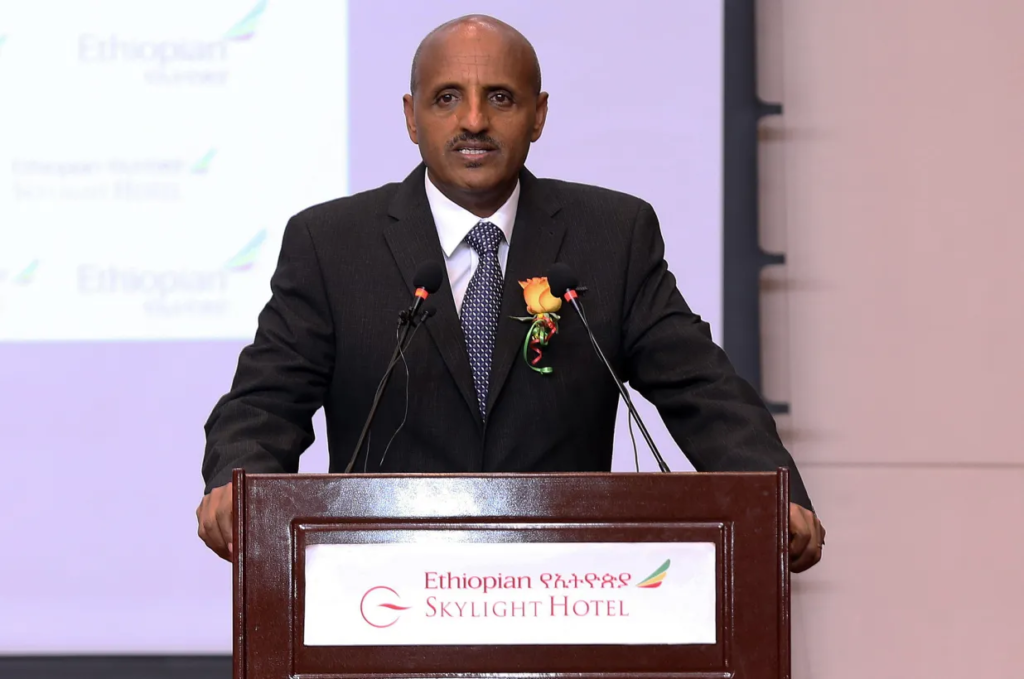The question of whether Africa can pursue economic development without relying on fossil fuels arises as the global climate emergency worsens.
Even though only 3% of the world’s CO2 emissions come from African countries, many of them are strongly dependent on oil and gas exports, and the continent is nevertheless subject to the worst effects of climate change.
Decarbonization is clearly necessary, and South Africa is leading the charge after getting $8 billion in loans at COP26 for their energy transformation. However, the country’s industrialized economy has faced difficulties as a result of power outages.
The African Chamber of Energies’ Director General, NJ Ayuk JD, asserts that taking into account natural gas is essential for an efficient energy transition. African leaders must act to change the situation, and their views must be heard in climate talks. Affirming an African energy accord is one of the main goals of the African Energy Chamber.
Investment Strategy of Gabon at Crans Montana Forum
On display most recently at the 37th Crans Montana Forum in Brussels was Gabon’s strategy plan for luring foreign businesses. In order to combat the economic effects of the Covid-19 issue, Gabon plans to increase its oil and gas production income, advance its digital transformation, and create more jobs.
Railway Development in Ghana
Ghana has started to renovate its railroad system from the time of colonization. Ghana and the African Export-Import Bank (Afreximbank) announced an agreement for the building of a 299 km railway line from Manso-Huni to the port of Takoradi after the completion of the Manso-Huni Valley portion in July 2022. This key corridor is anticipated to greatly improve trade and advance Ghana’s economy.








